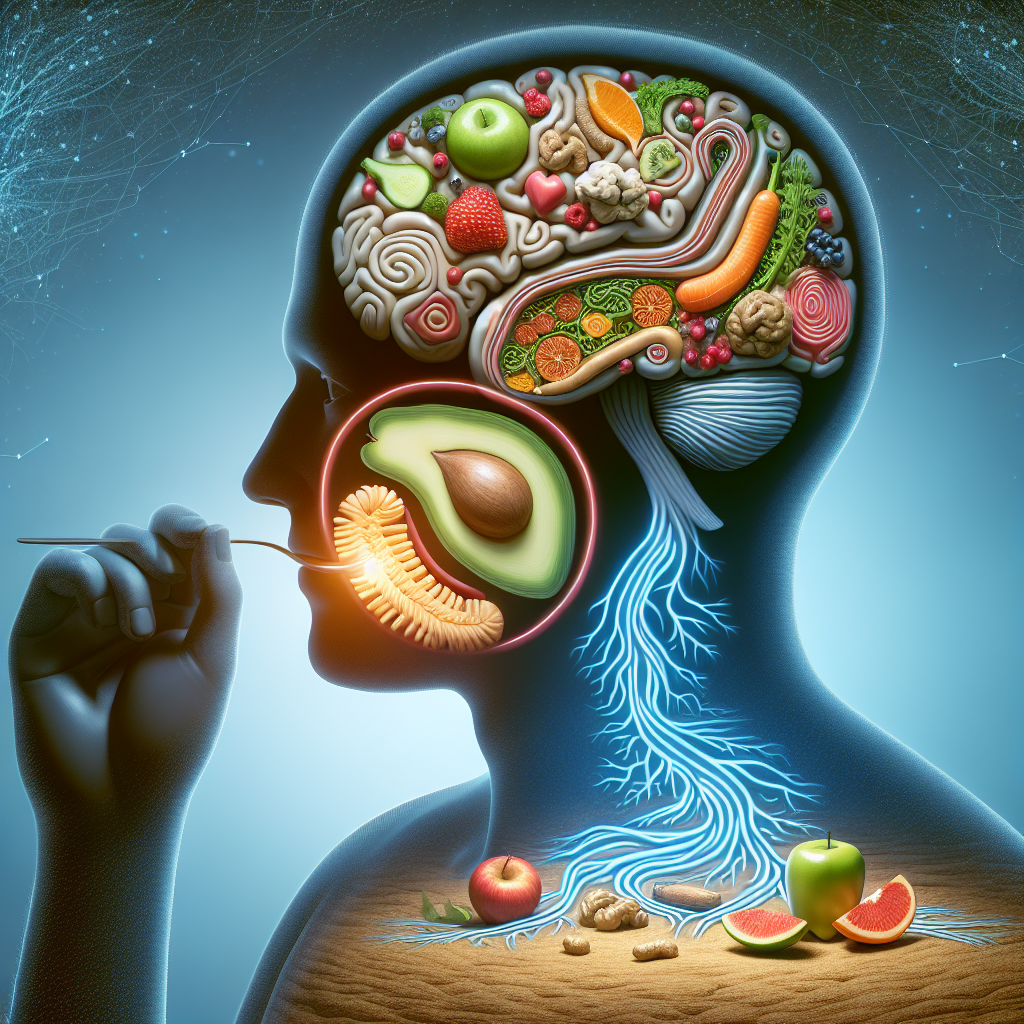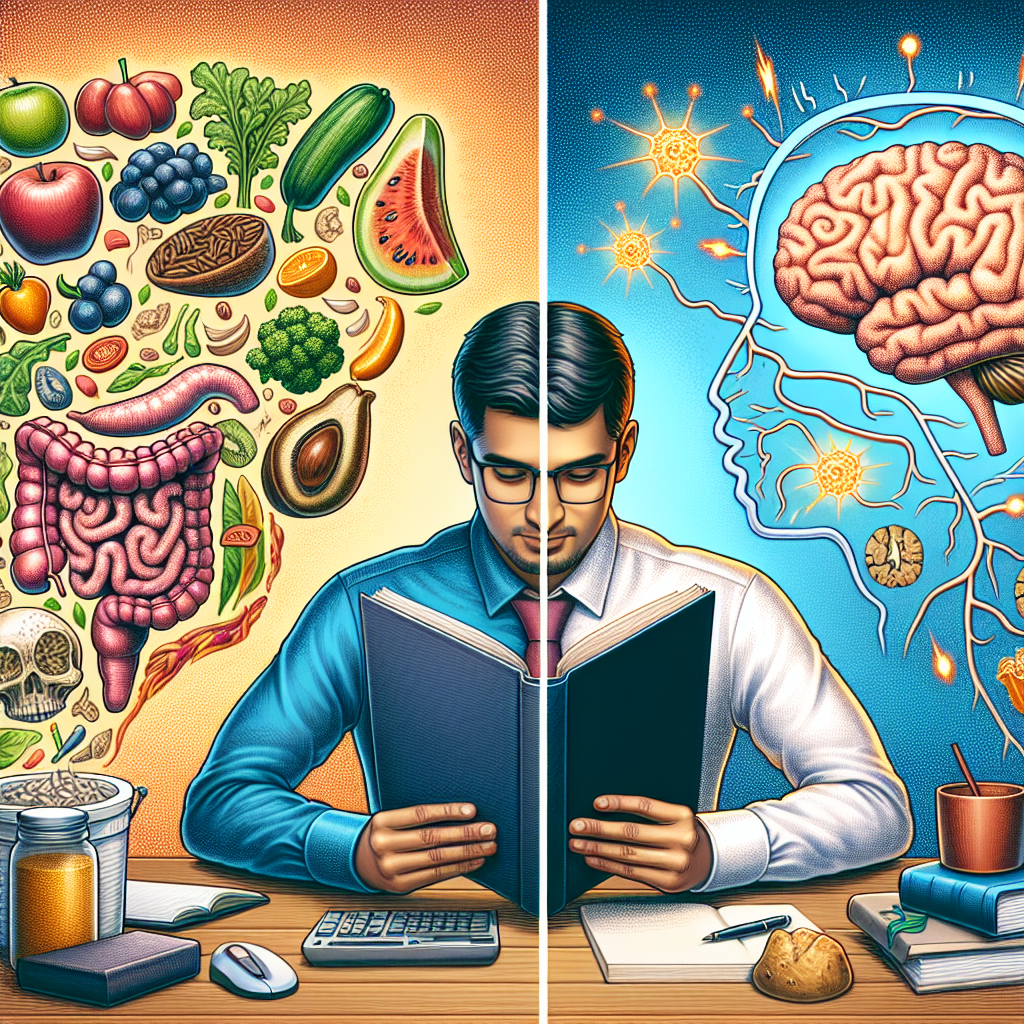The Gut-Brain Connection: How Your Diet Impacts Your Mood and Mental Health
In recent years, there has been a growing awareness of the intricate relationship between the gut and the brain. The idea that our gut health can significantly influence our mood and mental well-being is gaining traction in both scientific and popular discourse. As the field of neuroscience and nutrition continues to advance, understanding how our diet impacts our mental health is becoming increasingly important.
Introduction:
Imagine this scenario: you’re having a stressful day at work, and all you can think about is indulging in a greasy cheeseburger or a pint of ice cream. While this may seem like a common coping mechanism, the food choices we make during times of stress or emotional upheaval can have a profound impact on our mental health. Research shows that the gut-brain connection plays a crucial role in regulating our emotions, stress levels, and overall well-being. In this article, we will explore the latest findings on how your diet influences your mood and mental health.
The Science Behind the Gut-Brain Connection:
The gut-brain axis, a complex communication network between the gut and the brain, involves the central nervous system, the endocrine system, and the immune system. Emerging research suggests that the trillions of microbes residing in our gut, known as the gut microbiota, play a vital role in this communication system. These microbes produce neurotransmitters, such as serotonin and dopamine, which are critical for regulating mood and behavior. Moreover, the gut microbiota can influence inflammation, stress responses, and even the permeability of the blood-brain barrier, all of which have implications for mental health.

The Influence of Diet on Mental Health:
What we eat directly impacts the composition and diversity of our gut microbiota, which, in turn, affects our mental health. A diet high in processed foods, sugar, and saturated fats can lead to dysbiosis, an imbalance in the gut microbiota, and contribute to inflammation and oxidative stress in the body. On the other hand, a diet rich in fiber, plant-based foods, and fermented products promotes a healthy gut microbiota and may protect against mood disorders, anxiety, and depression.
Expert Commentary:
Dr. Sarah Johnson, a leading neuroscientist specializing in the gut-brain connection, emphasizes the importance of dietary interventions for improving mental health. “It’s remarkable to see how simple changes in one’s diet can have profound effects on mood and cognition,” she says. “By nourishing the gut microbiota with a diverse range of nutrients, we can support a healthy gut-brain axis and promote emotional well-being.”
Future Developments:
As research in this field continues to expand, we can expect to see more personalized dietary recommendations for mental health based on an individual’s unique gut microbiome profile. Precision nutrition, which tailors diet plans to an individual’s specific needs and genetic makeup, holds promise for optimizing mental health outcomes. Additionally, the development of psychobiotics, probiotics designed to benefit mental health, represents an exciting frontier in the treatment of mood disorders and anxiety.
In conclusion, the gut-brain connection is a fascinating area of study that has profound implications for our understanding of mental health. By paying attention to our diet and nurturing our gut microbiota, we can positively impact our mood, cognitive function, and overall well-being. As science continues to unveil the mysteries of the gut-brain axis, incorporating these findings into our daily lives may just be the key to a happier, healthier mind.

